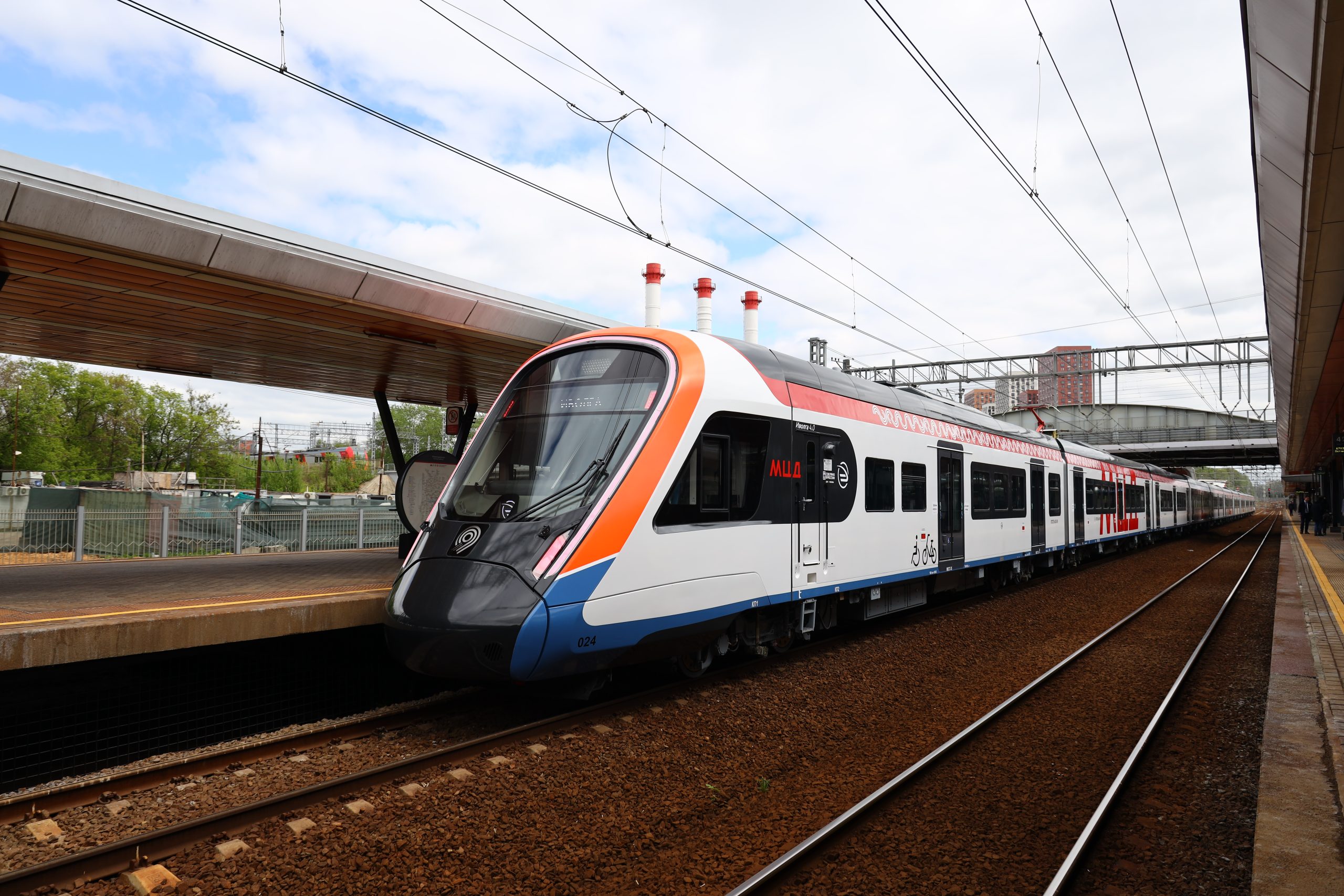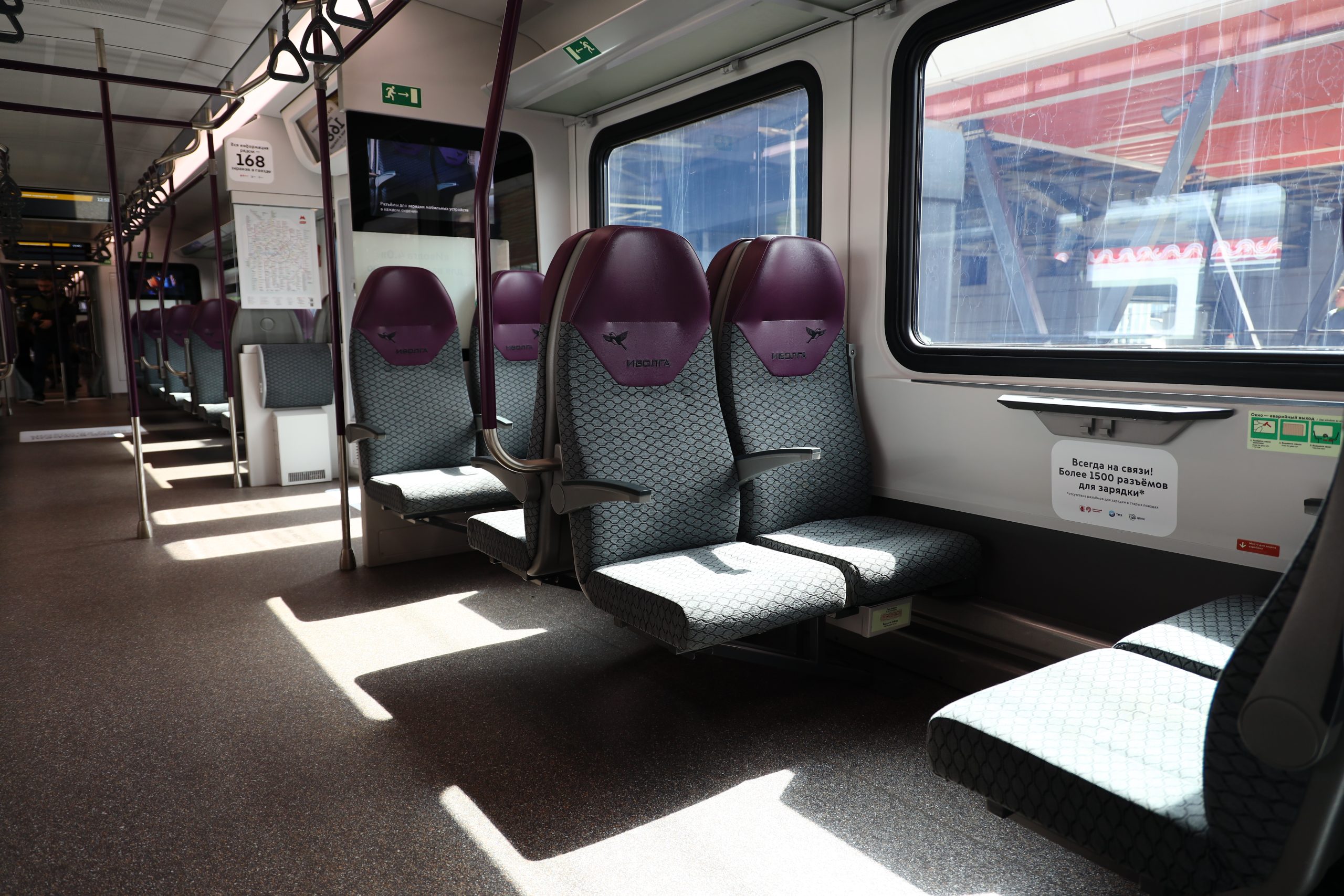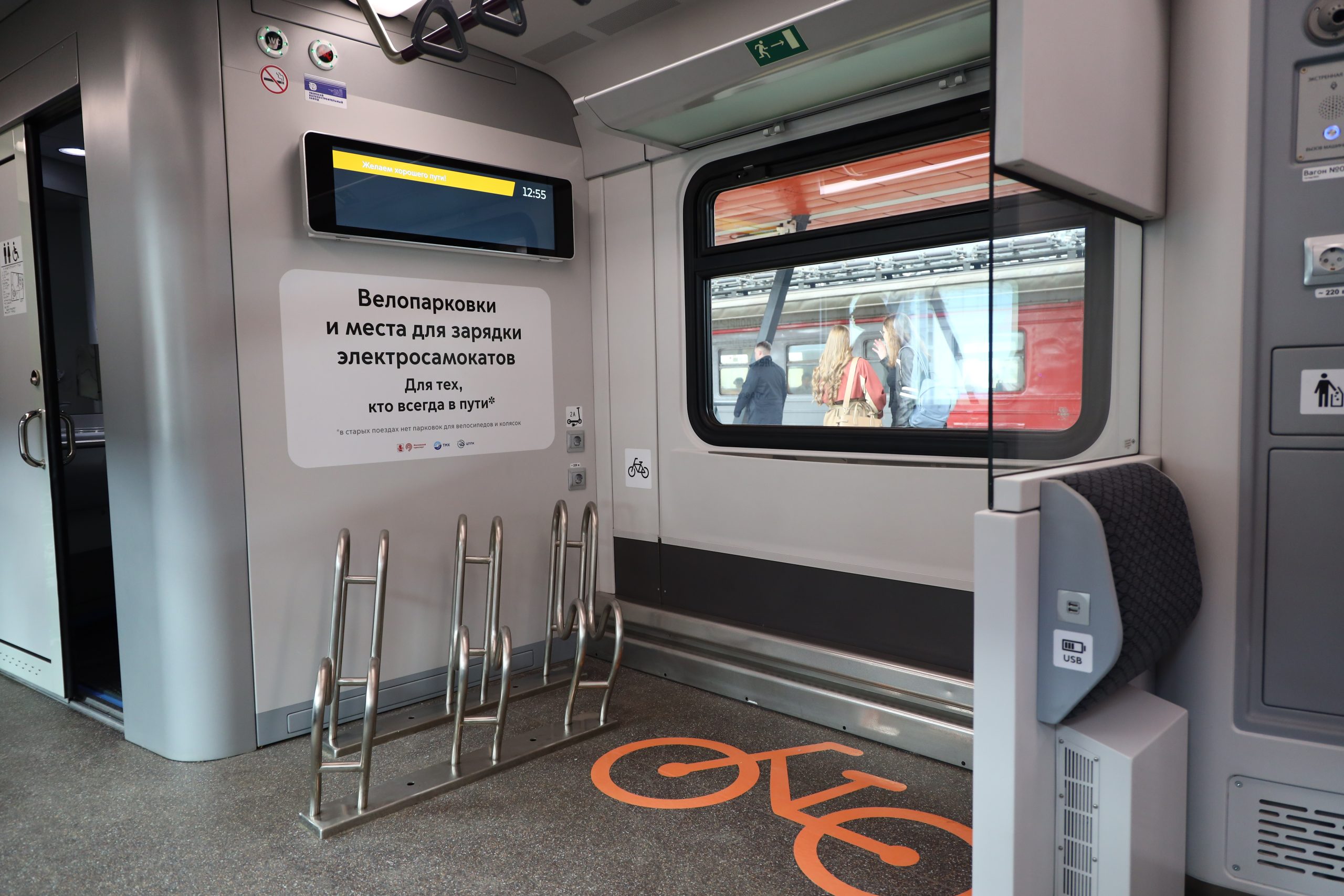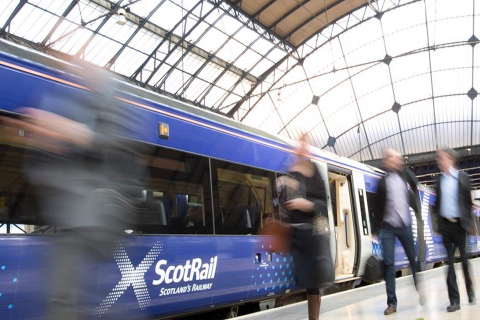Ivolga 4.0 debuts on Moscow Central Diameter

The inaugural journey of the Ivolga 4.0 electric train took place on Line D4 of the Moscow Central Diameters (MCD) on May 2, according to a Moscow Metro press release.
Manufactured by Tver Carriage Work, the Ivolga 4.0 enhancements include the addition of a third door in intermediate carriages, akin to metro cars, facilitating faster passenger boarding and disembarking, thereby accelerating passenger flow by up to 30 per cent. Additionally, the train’s capacity has been increased to accommodate nearly 100 more passengers, totalling 2,533 in an 11-car configuration, achieved through the incorporation of nine extra doors, creating more open space, states a Moscow Metro press release.

The driver’s cab has been designed to prioritise comfort and safety. It features a two-stage control system with 100 per cent redundancy to ensure uninterrupted operation even if the primary system fails. The train can swiftly change direction in just one minute, reducing dwell time at terminal stations and enhancing service frequency. Enhanced information displays, closed-circuit surveillance cameras, ergonomic seating, and additional convenience features like a cooled cup holder.

MCD
This year, 53 modern trains will be introduced on the new diameters. By the end of 2024, plans are in place to update the rolling stock on long-distance commuter routes on Line D3, with a complete replacement of trains on Line D4 scheduled by the end of 2025. These new Ivolgas will significantly enhance travel comfort while also bolstering the domestic machine-building industry, as stated by Maksim Liksutov.

The city’s investment in replacing outdated trains with new models has been substantial, with the share of updated rolling stock in the entire Central Transport Hub increasing almost 15-fold since 2011, from 5 per cent to 71 per cent. The average age of rolling stock has decreased significantly, from 24 to 8 years, says the Moscow Metro press release.
Further reading:




